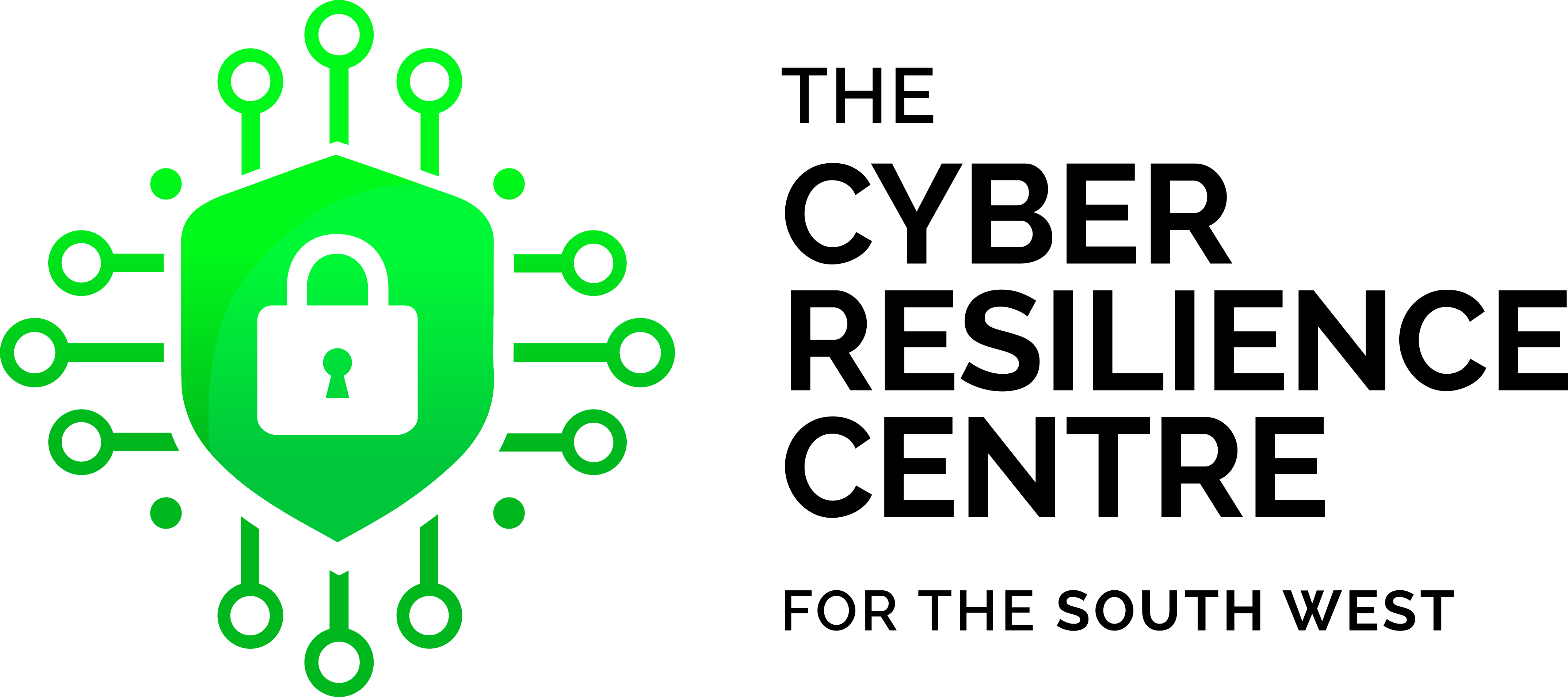How Hackers Can Steal Your Facebook Account – And How You Can Protect It
- steveshepherd05
- Sep 30, 2024
- 3 min read

Facebook accounts are a prime target for criminals, and while Facebook does its best to keep your data secure, there are many ways that hackers can still try to break into your account. The good news is that you can protect yourself by understanding how hackers operate and taking simple steps to improve your online safety.
Here are some of the most common methods hackers use and how you can safeguard your Facebook account.
1. Data Breaches
A data breach happens when hackers steal user information from online services. Unfortunately, Facebook has experienced several breaches over the years, with millions of user details leaked, including names, email addresses, phone numbers, and passwords. Hackers can use this stolen data to try and access your account.
What can you do?
To protect yourself, avoid reusing the same password across multiple accounts. If one service gets hacked, using the same password elsewhere makes it easy for hackers to access your other accounts.
2. Credential Stuffing
If you’ve ever reused a password across different sites, you could be at risk from credential stuffing. Hackers use stolen passwords from one service to try logging into others, like Facebook, Instagram, and Twitter. If the same password works, they’ve gained access to multiple accounts in one go.
What can you do?
Use unique passwords for each of your accounts. Consider using a password manager to keep track of them. This makes it harder for hackers to break into your accounts, even if one password is stolen.
3. Phishing Attacks
Phishing is a type of scam where hackers try to trick you into giving them your login details. They might send you an email or message with a link to a fake website that looks just like Facebook. Once you enter your details, the hacker has your password.
What can you do?
Always double-check the links you click on. Be suspicious of messages that ask for personal details, and never log in to Facebook through a link sent to you via email or message. Go directly to Facebook by typing the address in your browser.
4. Keyloggers
Keyloggers are malicious software that hackers use to secretly record everything you type on your keyboard, including passwords. If a hacker installs a keylogger on your computer, they can capture your login details as you type them.
What can you do?
Ensure you have up-to-date antivirus software to help detect and remove keyloggers from your device. Also, avoid downloading files or software from untrusted sources.
5. Brute Force Attacks
A brute force attack is when hackers use automated tools to try every possible password until they find the correct one. While Facebook limits the number of attempts a hacker can make, they can still try to break in if they get hold of your encrypted password from a data breach.
What can you do?
A strong, unique password can make it much harder for hackers to guess. The longer and more complex the password, the better.
6. Man-in-the-Middle (MITM) Attacks
In a man-in-the-middle attack, hackers intercept your communication with Facebook. This allows them to steal your login details or trick you into entering them on a fake website.
What can you do?
Always use a secure connection (look for “https” in the web address). Avoid logging into your Facebook account on public Wi-Fi networks, as these are more vulnerable to attacks.
How to Protect Your Facebook Account
The most important thing to remember is that many Facebook hacks happen because of weak security practices, not because of flaws in Facebook itself. By following a few simple steps, you can reduce the chances of being hacked:
1. Enable Two-Factor Authentication (2FA)
This adds an extra layer of security by requiring a code to be sent to your phone in addition to your password when you log in.
2. Use Strong, Unique Passwords
Avoid using the same password for multiple accounts. Make sure your password includes a mix of letters, numbers, and special characters.
3. Update Your Software
Keep your devices and apps updated to avoid known vulnerabilities.
4. Be Cautious with Links and Attachments
Don’t click on suspicious links or download files from untrusted sources.
5. Monitor Your Account Activity
Regularly check for any unfamiliar logins or changes to your account settings.
By understanding these common hacking methods and improving your security habits, you can protect your Facebook account from being compromised. Stay vigilant and take the necessary steps to secure your personal information.
